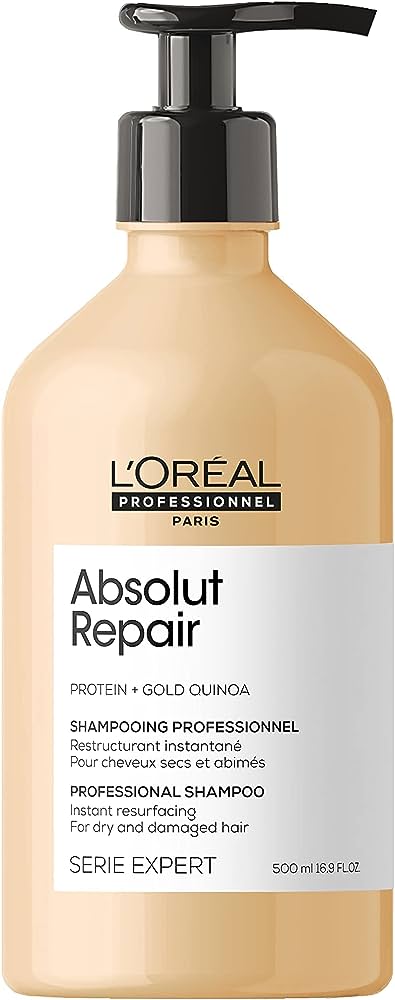As the temperatures start to rise, the last thing you want is for your air conditioner to stop working. It can be a frustrating and uncomfortable experience, especially during the hot summer months. If you find yourself in this situation, it’s important to stay calm and take the necessary steps to troubleshoot and resolve the issue. In this article, we will discuss the common reasons why your air conditioner may stop working and what you can do to fix it.

Credit: www.amazon.com
Common Reasons Why Your Air Conditioner Stopped Working
There are several reasons why your air conditioner may have suddenly stopped working. Here are some common issues to look out for:
| Issue | Description |
|---|---|
| Thermostat Problems | If your thermostat is not working correctly, it may not be signaling the air conditioner to turn on. Check the thermostat settings and replace the batteries to see if that resolves the issue. |
| Dirty Air Filter | A clogged air filter can restrict airflow and cause the system to freeze up or overheat. Be sure to regularly clean or replace the air filter to prevent this from happening. |
| Refrigerant Leaks | If there is a leak in the refrigerant lines, the air conditioner will not be able to cool the air effectively. A professional HVAC technician should inspect the system and repair any leaks. |
| Electrical Issues | Faulty wiring, a tripped circuit breaker, or a blown fuse can all cause the air conditioner to stop working. Check the electrical connections and reset any tripped breakers to see if that resolves the problem. |
| Compressor Problems | The compressor is a vital component of the air conditioning system. If it fails, the unit will not be able to cool the air properly. This is a complex issue that requires professional repair. |
Steps to Take When Your Air Conditioner Stops Working
When your air conditioner stops working, here are some steps you can take to troubleshoot the issue before calling a professional:
- Check the Thermostat: Ensure that the thermostat is set to cool and that the temperature setting is lower than the current room temperature. Replace the batteries and clean any dust or debris around the thermostat.
- Inspect the Air Filter: Turn off the air conditioner and inspect the air filter. If it’s dirty, clean or replace it according to the manufacturer’s instructions.
- Inspect the Circuit Breaker: Check the circuit breaker or fuse box to see if the air conditioner’s circuit has tripped. Reset the breaker or replace the fuse if necessary.
- Clear Debris Around the Outdoor Unit: If the outdoor unit is obstructed by debris or vegetation, gently clear it away to ensure proper airflow.
- Listen for Unusual Noises: Turn the air conditioner back on and listen for any unusual sounds or vibrations. This could indicate a problem with the compressor or other internal components.
When to Call a Professional
If you have gone through the above steps and your air conditioner still isn’t working, it’s time to call a professional HVAC technician. Attempting to repair complex issues without the proper knowledge and tools can be dangerous and may cause further damage to the system. A licensed technician will be able to diagnose the problem and make the necessary repairs to get your air conditioner up and running again.
Regular maintenance of your air conditioning system can help prevent unexpected breakdowns. Consider scheduling annual maintenance with a reputable HVAC company to keep your air conditioner in top condition and to catch any potential issues before they lead to a complete shutdown.
Conclusion
Dealing with a malfunctioning air conditioner can be a stressful experience, especially during the peak of summer. By understanding the common reasons for air conditioner breakdowns and following the troubleshooting steps outlined in this article, you can identify and resolve minor issues on your own. However, when in doubt, it’s always best to seek professional help to ensure the safety and effectiveness of your air conditioning system. Remember, regular maintenance is key to keeping your air conditioner running smoothly and efficiently.

